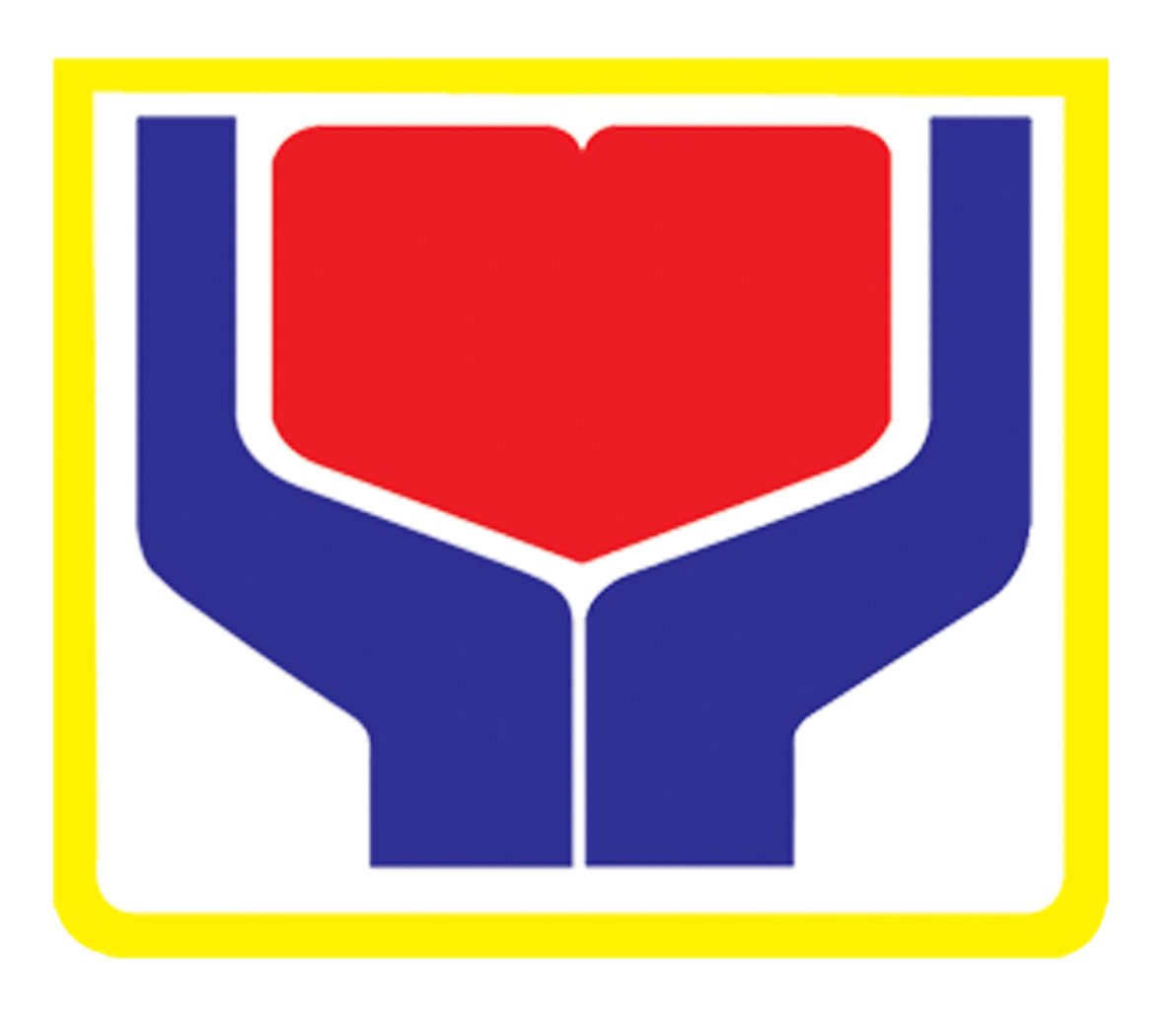
A total of 902 indigenous people (IP) households in geographically-isolated and disadvantaged areas (GIDAs) in the provinces of Rizal and Quezon are receiving educational and health assistance from the Department of Social Welfare and Development (DSWD) through its Modified Conditional Cash Transfer (MCCT) program.
This includes 546 Aeta beneficiaries from Quezon and 356 Dumagat beneficiaries from Rizal.
The MCCT, a modification of the Pantawid Pamilyang Pilipino Program, is designed to reach out families who are not covered by the regular Pantawid Pamilya program because of their being excluded from the Listahanan database of poor households. It targets homeless street families, IPs in GIDAs and families in need of special protection.
For the MCCT for IPs in GIDAs, the beneficiaries are helped to improve access to basic social services including health, nutrition, sanitation and formal or non-formal education.
These IP households, members of Dumagat and Aeta groups, are those with zero to 18 years old children and are provided cash subsidies for their needs on health, nutrition and education. The said subsidies are provided subject to their compliance with program conditions including 85% school attendance of children in formal or non-formal education, immunization of children and pregnant women, deworming, pre and post natal care of pregnant women and attendance to the community and family development sessions twice a month.
Besides the cash grants, the IP households are also provided with other support services such as capacity building and livelihood activities among others.
Adel Ogaña, a beneficiary of the MCCT who belongs to the Aeta group, shared her gratitude to the program for supporting their needs, especially that of their children.
Dumagat Tribal Chieftain Ernesto Doroteo also shared how the program helps both for his family and the rest of their community.
“Kahit malayo ang lugar namin, pilit n’yo pa rin kaming inaabot,” Doroteo shared.
In the CALABARZON Region, GIDAs are in remote villages in the towns of Buenavista, Burdeos, Catanauan, General Nakar, Lopez, Mauban, Panukulan and Real in Quezon and in Antipolo City, Rodriguez and Tanay in Rizal. These areas are separated from the mainstream society characterized by absence of access to roads, food insufficiency and absence or limited access to social services such as health and education.#
